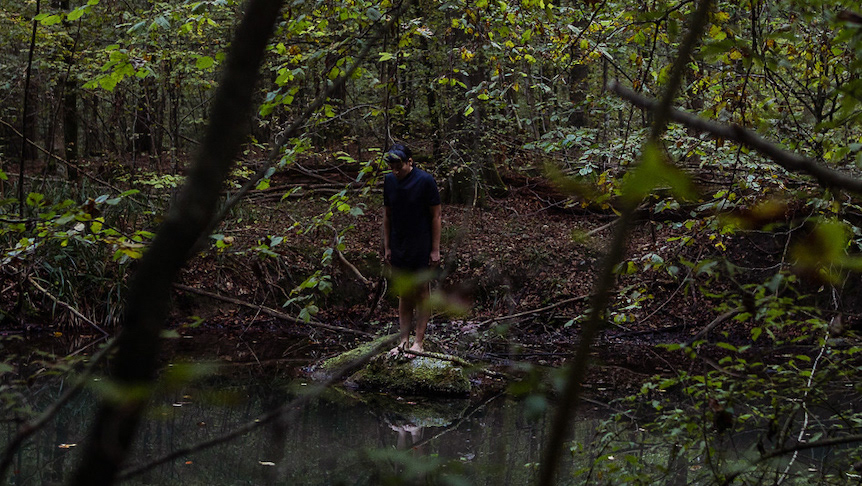Towards non-extractivist curating – Epistemologies of the South and curatorial practice
Online Course on Contemporary Curating
Towards non-extractivist curating – Epistemologies of the South and curatorial practice
Lecturer: Jose Cáceres
Course dates: 26 Nov + 3 Dec 2022, 2–6pm (CET)
Enrol until 19 November 2022
Special Fee: 280 CHF
https://www.curating.org/towards-non-extractivist-curating/
In the current contemporary Western landscape, Indigenous knowledge, in particular, and Epistemologies of the South, in general, have appeared as a relevant possible solution to the contemporary global challenges of co-habitation. Exhibition spaces, biennials, and academia have been “becoming Indigenous”, applying Indigenous ways of knowing to practices of knowledge, art and exhibition production. Accordingly, a shift has started in which Epistemologies of the South are being put on the same level as Western or “modern” practices of creating meaning and understanding. The world isn’t the world of many worlds, as the Zapatista thought proposes, but the idea of a multiple, lively and plural world starts to be an “alternative”.
In this course, we will address collaboratively the opportunities and dangers of the curatorial approaches connected to the Epistemologies of the South. The aim is not to provide a toolkit with solutions, but rather a set of questions that may guide us towards this slippery road that crosses the contemporary art landscape. After a short introduction to the concept of Epistemologies of the South, we will discuss together different projects from and related to Latin America (Chile, Honduras, Mexico and Switzerland) in which indigenous artists and curators challenge the western logic and collaborate to create new understandings and practices. Which form of knowledges are created in such frameworks? How can the critique of Western logic lead to a transformation in our ways of co-habiting? How can, for example, Indigenous and European persons converge equally in curatorial and artistic practices? How can the exhibition space be a meeting ground to move beyond the boundaries between “human” and “nonhuman”, “we” and “them”? How could practices of caring, hospitality and joy create a framework for such challenges? During the sessions, we will have a series of practical interventions with the Mapuche artist Paula Baeza Pailamilla, in which we will explore the presented questions through bodily and performative exercises to activate collaboratively and transculturally strategies, possibilities or just attempts for going forward in collective and bodily ways of knowing-with.
Jose Cáceres (b. 1986 in Curicó, Chile) is a historian and independent curator engaged in decolonial practice and critical pedagogy. He graduated in History at the Pontifical Catholic University of Valparaíso and crossed the Atlantic to do his PhD at the University of Zurich. He researched early modern sexualities in reformed Zurich and how they influenced subjectivities in relation to body, gender and nature. Until February 2022, he held a senior teaching and research position at the University of Zurich where he investigated indigenous thought about nature and history and taught postcolonial studies and Latin American history. His curatorial practice lies on collective praxis and a necessary transformative urgency which he explores in the intersection between nature, history and decoloniality. Recent projects include the documentary exhibition Chilean Revolt. A Chronicle (2020), A Forest of Many Worlds (2021) and walmapu ex situ (2020-2022) in collaboration with trop cher to share. Jose Cáceres ist co-founder and member of Decolonize Zurich, a collective creating action formats to raise awareness and spark discussions on coloniality and decolonial action. Currently, he lives in Tegucigalpa (Honduras) where he runs the independent art space solamente.
–––––––––––––––
The Online Courses on Contemporary Curating are offered by the Postgraduate Programme in Curating, Continuing Education, Zurich University of the Arts.
In collaborations with Oncurating.org.
Please find detailed information for all courses here:
www.curating.org/new-online-courses

